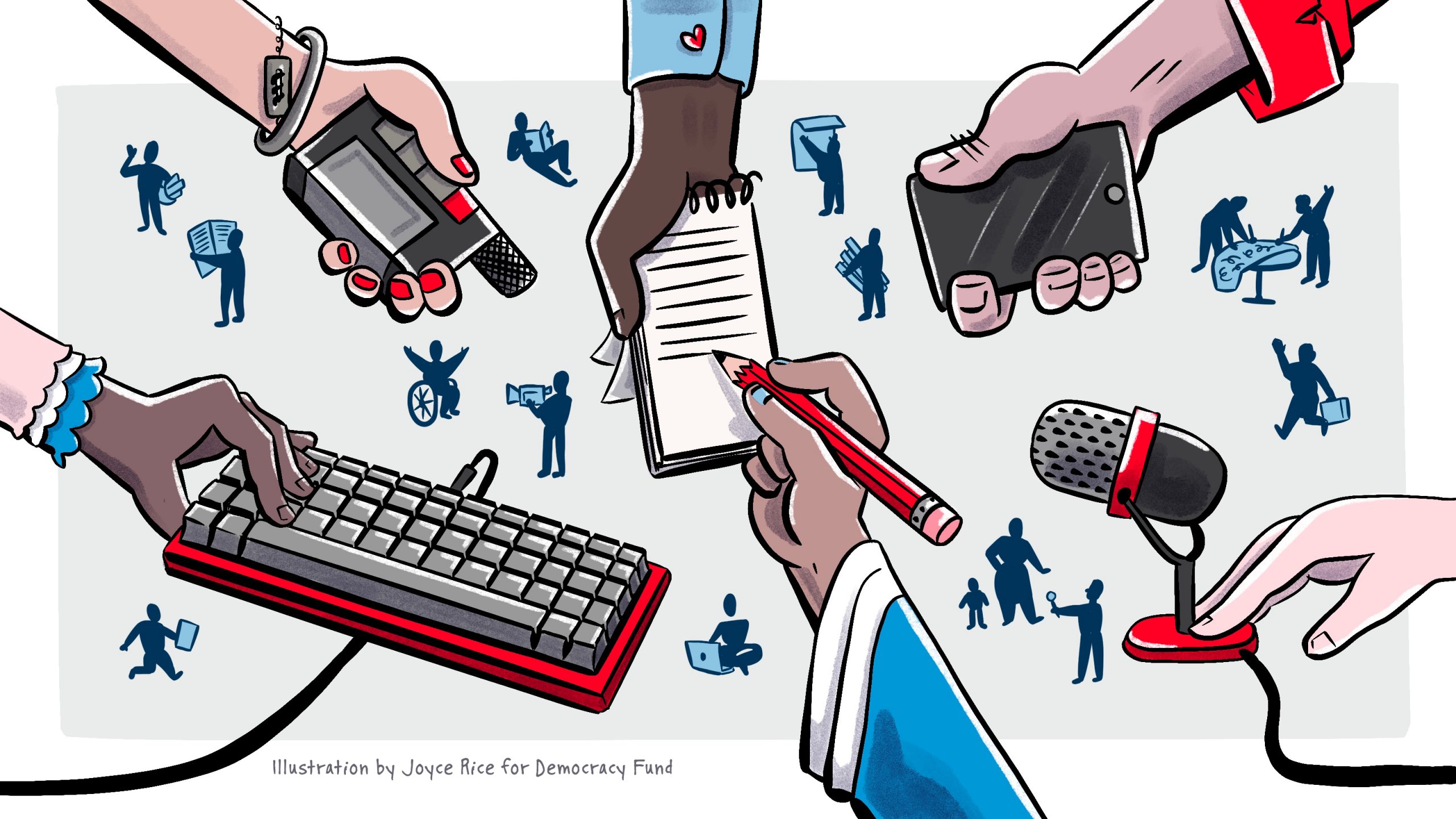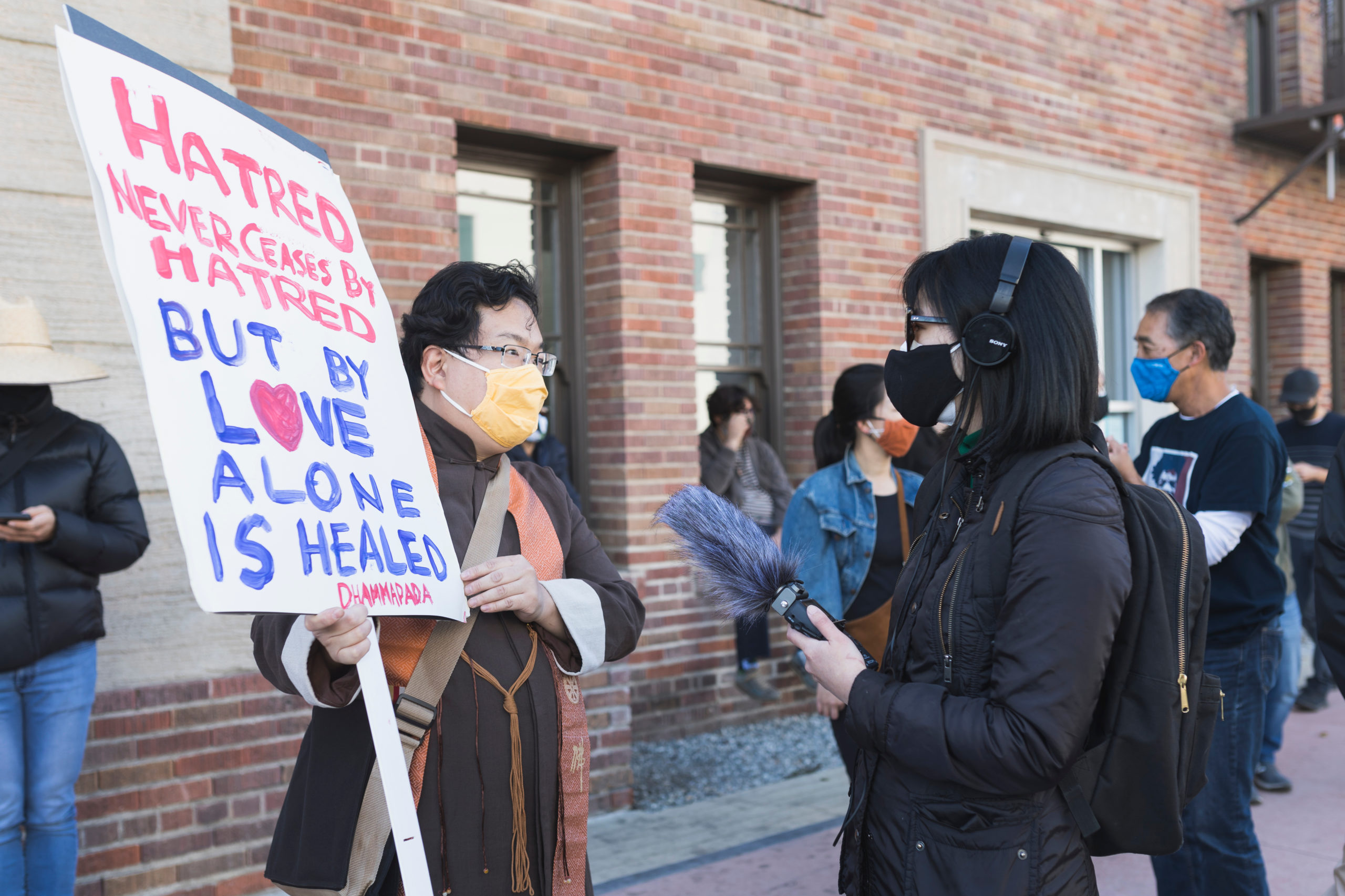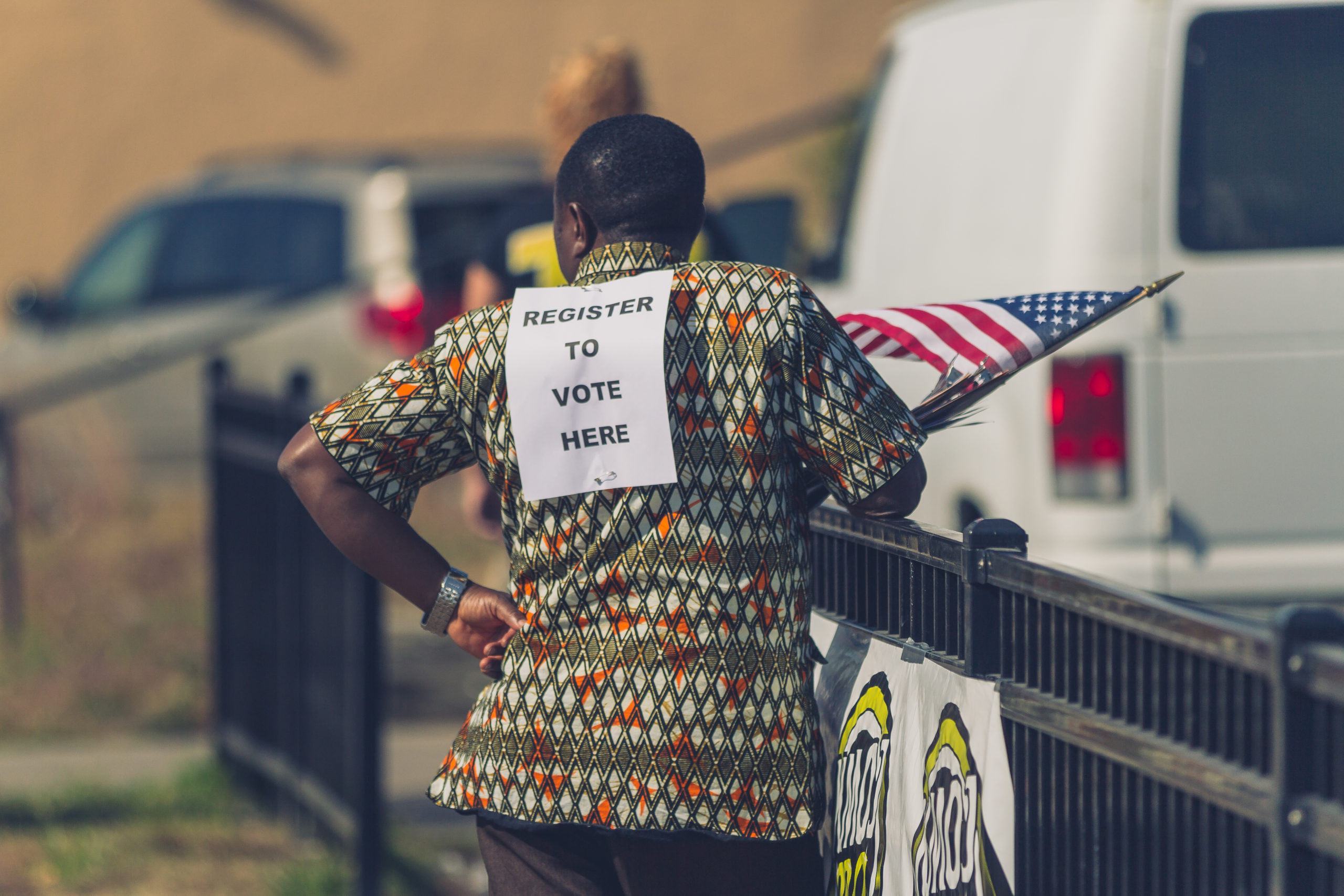Last year, we published “Dear Funders: What Does it Mean to Care About Equity in Journalism?” where we outlined three priorities for foundations seeking to support equitable journalism: investing in journalism created for and by people of color; supporting groups that are building a more equitable industry overall; and closing the resource gaps that philanthropy has helped perpetuate.
This piece went up at the start of one of the most tumultuous times in our country’s history: the rise of COVID-19 and marches for racial justice in the wake of George Floyd’s murder. White-centric and led media struggled to tell these stories from the lens of communities of color, while pushing out reporters of color who were.
Following this surge, an unprecedented amount of philanthropic dollars went towards racial equity, as many newsrooms began to grapple with their histories of racism. But it’s now one year later and many funders still struggle to center POC-led organizations, while real progress on equity within newsrooms has yet to materialize.
Righting these wrongs will take incredible amounts of time and money from the field of philanthropy. But doing this work gives us energy and brings us joy. We’re investing in the incredible efforts of leaders of color that are shaping the future of journalism, and we hope you’ll join us.
Here are some of the things we have been doing:
In 2020, we increased investments to several partner organizations, including an additional $500,000 to the Racial Equity in Journalism Fund to ensure dollars could go directly to POC-led and serving newsrooms and to address the legal needs of journalists of color. We also provided an additional $100,000 to the Center for Community Media at CUNY to help ensure their media partners across the country had access to critical training and resources.
We increased the flexibility of our grant structures, like removing annual audit requirements, providing more mediums for annual reporting, and moving project grants to general operating (excluding grants with fiscal sponsors or agents). And we committed ourselves to using public platforms, as well as industry events like Media Impact Funders, the United Philanthropy Forum, and Council of New Jersey Grantmakers to highlight mediamakers of color and push our peers to increase their support of them.
And our team is continuing this work in 2021. We’ve committed over $1.5 million dollars to grant amendments and renewals to organizations like the Maynard Institute, Emma Bowen Foundation, and the Asian American Journalists Association, all of which support the growth and leadership of journalists of color while holding the journalism industry accountable for more fair and representative coverage. We’ve also renamed our portfolio “Equitable Journalism” to better reflect our funding priorities and guide future strategy.
We know this is just the beginning. The violent racism that communities of color have experienced during the COVID-19 pandemic is nothing new. Journalism has too often historically contributed to propping up racialized violence and harms, and philanthropy has persistently underinvested in journalism led by and serving POC communities or divested altogether. We don’t want to continue this legacy of harmful funding practices, and we hope you don’t either. We are collaborating more intentionally across our media grantmaking strategies to ensure equity is at the forefront. And Democracy Fund is working to infuse racial equity across the organization, while continuing to examine how our external grantmaking and internal culture uphold white supremacy.
We’re calling on our peer funders to join this transformative moment, and share their plans and actions so we can all learn from each other. We look forward to sharing more about how we are increasing our investments in organizations led by and serving communities of color, LGBTQ communities, and other historically marginalized groups, and continuing to work on our internal practices and culture to ensure this support is sustained.





